But CEO Jeb Stotter says that North Shore has not had its day in court. For the past 34 years, North Shore has operated five short lines comprising some 200 miles of line owned by Susquehanna Economic Development Association- Council of Governments, a public development agency that covers 11 central Pennsylvania counties.
A Pennsylvania appeals court judge ruled on May 3 that the association’s Joint Rail Authority should award a contract to Carload Express, an Oakmont, Pa., operator with lines in Pennsylvania, Ohio, and Delaware.
The ruling reversed one by a judge in Clinton County, Pa., in 2017. At issue is whether or not the 7 to 3 vote in favor of Carload Express by the rail authority’s board of directors was sufficient to award the contract. Six of the 16 board members abstained, citing conflicts of interest because their companies did business with one of the North Shore railroads.
In September 2015, Carload Express filed suit to enforce the board’s vote and award the contract. North Shore filed a counterclaim, alleging that “one of the board members committed ethical violations that tainted the request for proposals process,” says North Shore representative Loni Martz Briner. She says the counterclaim was not affected by the appeals court ruling North Shore’s counterclaim has not yet been heard in court.
Jeff Stover, the rail authority’s executive director, said the board decided to issue a request for proposals in 2009. The request was sent out in 2014. It said that nine votes were needed for approval, according to several media sources. The rail authority established a scoring system for ranking bidders.
Carload came out first, one point ahead of North Shore, according to pennline.com
The rail authority board met May 7 to discuss with their attorneys the appeals court ruling, and decided to hold a special meeting later this month, Stover says.
“There’s still room for the rail authority to do any number of things,” Stotter said.
The 2014 request for proposals was the first since North Shore won the contract in 1984. Stotter said the agreement has been extended several times, but it’s a professional services contract that doesn’t require a request for proposals for renewal.
Stotter said last year the North Shore lines handled some 23,000 carloads. Loss of the contract would leave the company with a handful of local switching operations.
Five railroads operate almost entirely over rail authority-owned track: Juniata Valley, Lycoming Valley, Nittany & Bald Eagle, North Shore, and Shamokin Valley. A sixth short line, Union County Industrial, operates over a mixture of privately owned and authority track.
Carload Express did not return calls from Trains New Wire. Pennlive.com quoted a prepared statement by Carload Express Chairman Russell Peterson: “We are hopeful the Commonwealth Court’s decision can be taken by all parties as an opportunity to move past the confusion, delay and expense of any further litigation.”
Last year North Shore won “railroad of the year” awards from the American Short Line and Regional Railroad Association, Norfolk Southern, its principal Class I railroad connection, and “Railway Age.”





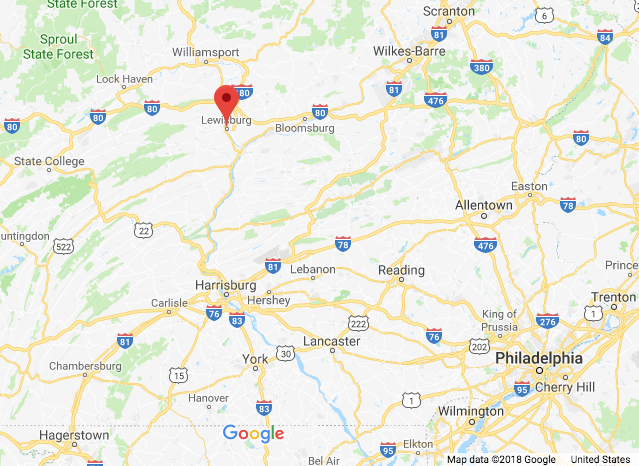

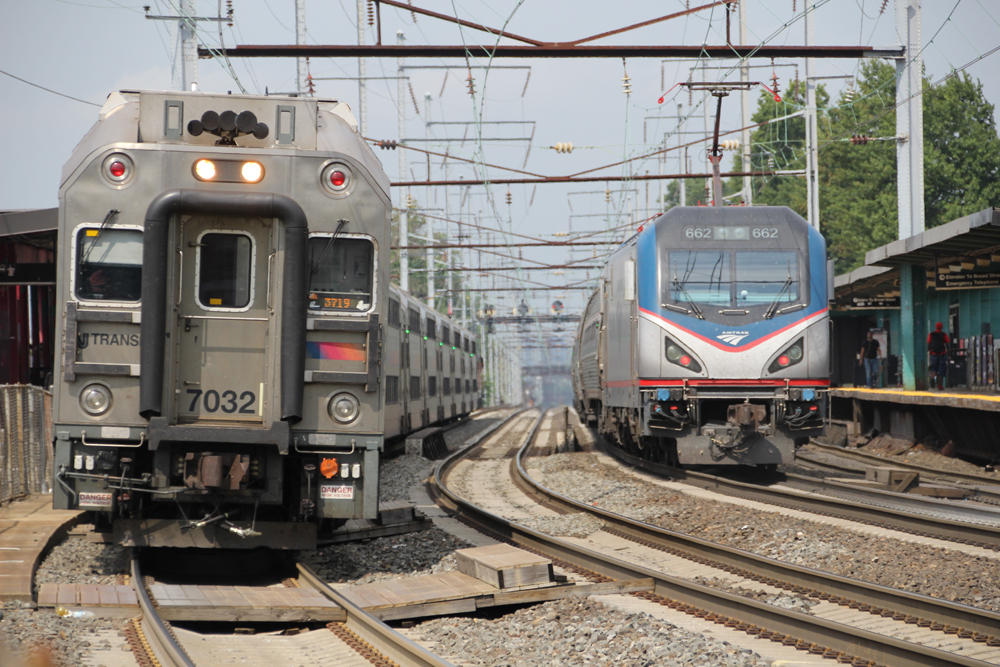
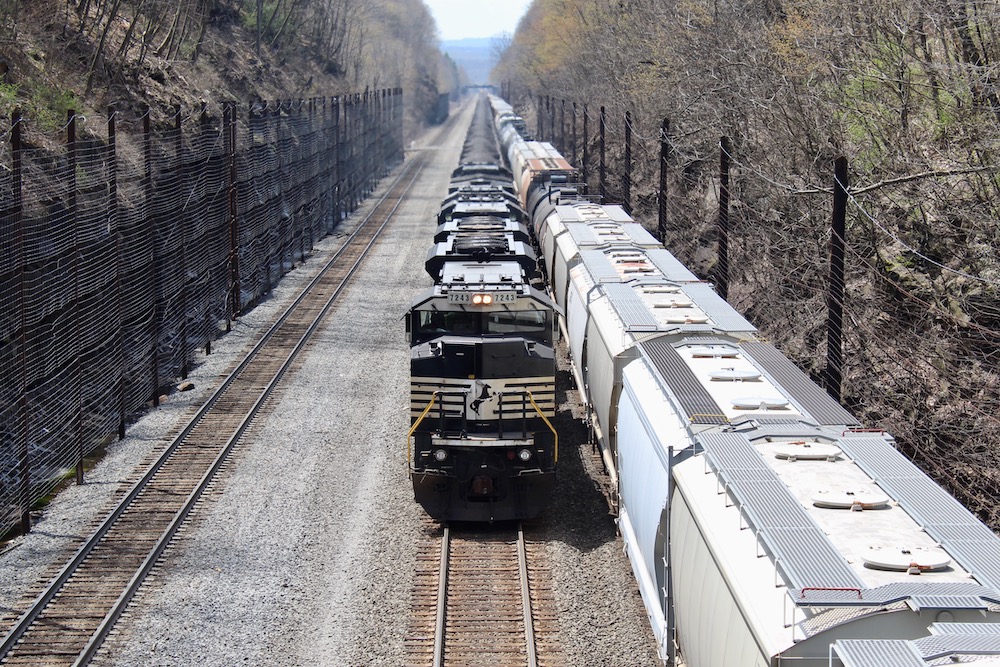
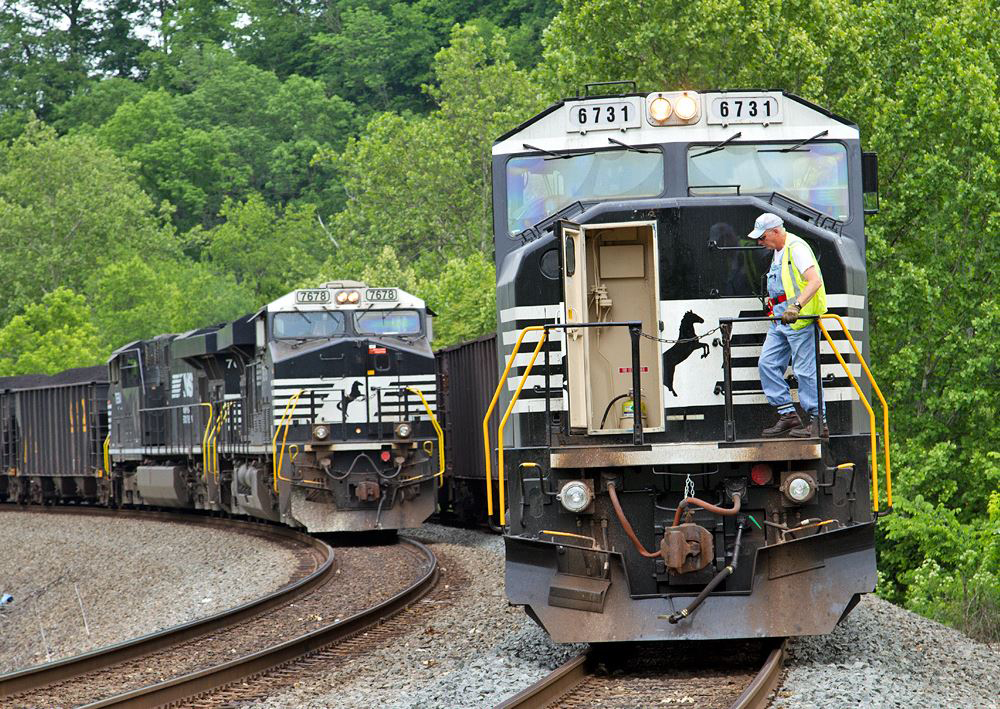

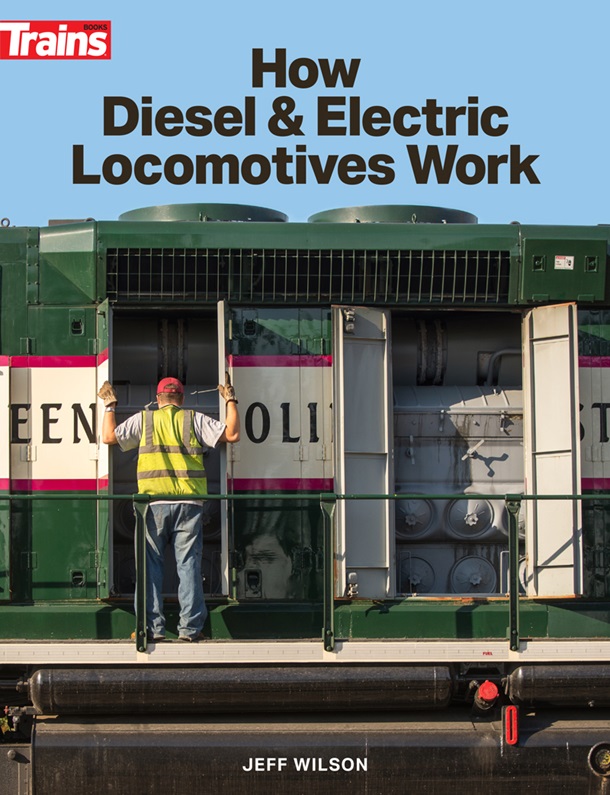
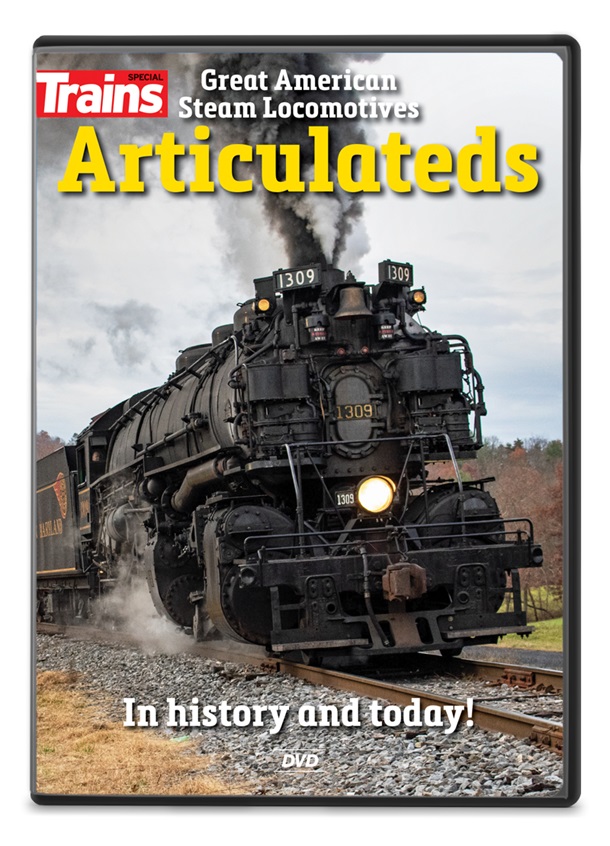
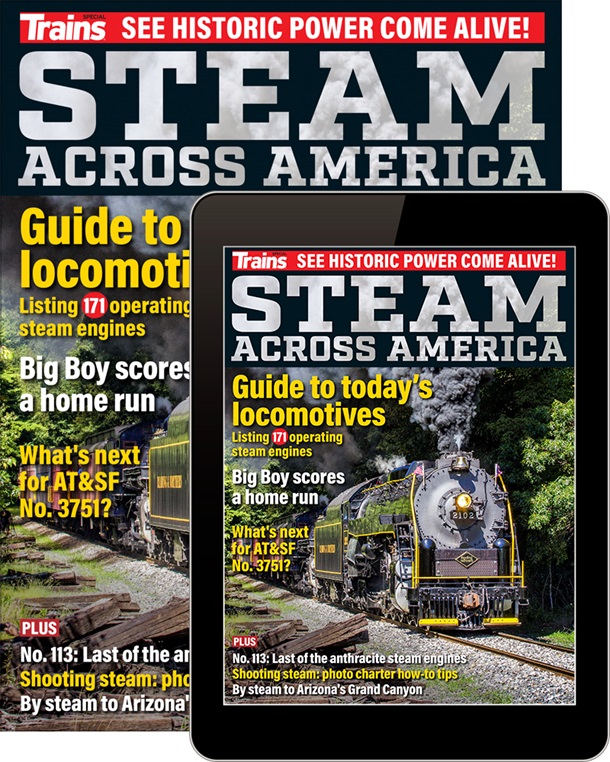
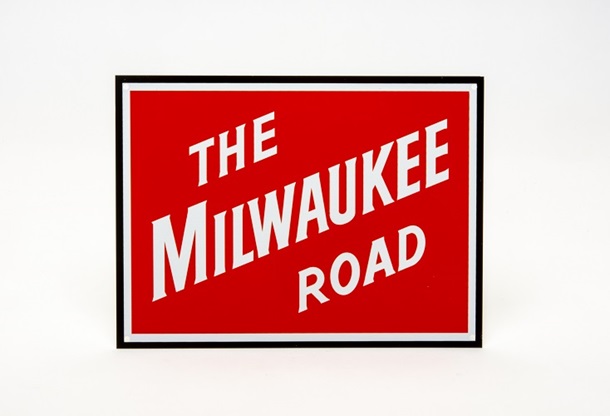
I know nothing first hand about this situation, but I’ve seen other similar relationships in other states. I’ve come to believe very long term contracts are a good thing as they encourage investment — but they should have performance standards (on a variety of measures) that terminate the contract when tripped.
The track was bought with public funds, either revenue raised by a tax or by selling bonds. These are public agencies. From experience, I can tell you there is a very cozy relationship between the operating company and the public ROW owner. Sometime that is good, but after a long time it is not. Maybe, after 24 yaers, it’s time to sell the ROW to a private company.
Anyone know if the bid process had any component to measure customer satisfaction and quality of service? Did Carload Express get any advantage because it is based in Oakmont, Pa? What was the total number of points available in the bid process – are we talking a 1 point win in 10 points, 100 points, 500 points?
Pennsylvania rail authorities have had a tendency to just “hang on” to their current operators, giving the operators a sense of permanency. Clearly a lease isn’t ownership.
As public agencies with a fiduciary responsibility to the taxpayers, they need a periodic, open, transparent review and bid process to insure that they have the best deal possible. Isn’t competition a good thing?
Michael Klass and Paul Bouzide
I would agree if it was in relation to any other normal government operation…but these are authorities that oversee railroad lines which presumably serve industries that provide jobs for these areas. In this case the customer(aka the industries) are the ones that should be consulted before open bids are put out…if a particular carrier or operator has provided excellent service since inception there is almost no reason to seek another operator. Exactly how would you get cronyism from an independent rail operator/contractor that is doing business with a city/county rail authority? Just look at the above example, 6 of 16 members abstained because of conflict of interest…does that sound like cronyism to you? Also in this case, familiarity does not breed complacency because short lines live and die by the service they provide for their customers. You have a greater chance of screw up when changing operators/carriers after 34 years than you sticking with the status quo.
P.S. – Most of these authorities are not beholden to the taxpayer, so there is no fiduciary responsibility to those people.
Michael Klass I totally agree. Especially with the open and transparent part. Because the potential for unfair and expensive cronyism is very high without that.